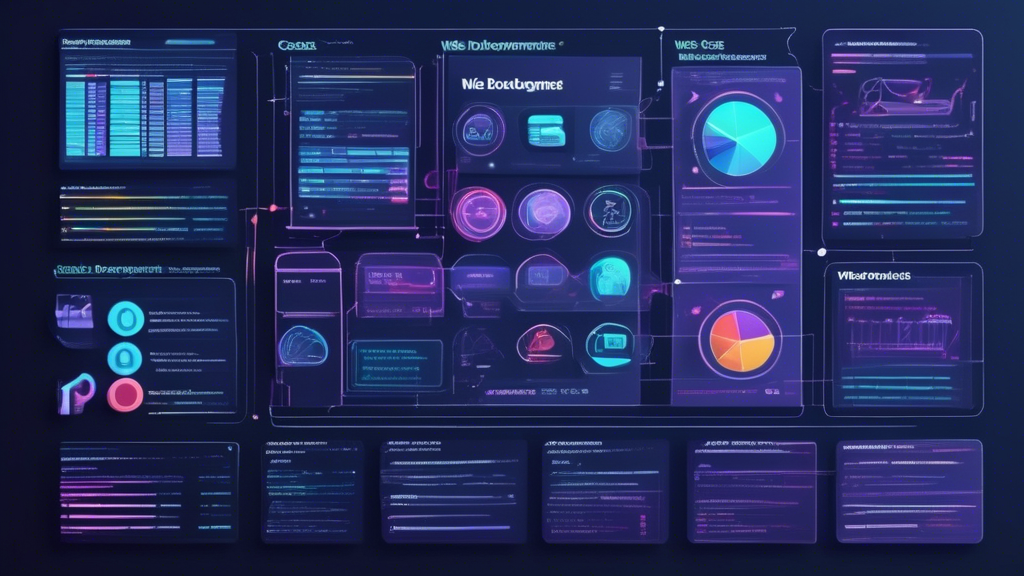Introduction
Web development is essential for businesses and individuals looking to establish a strong online presence. However, understanding the costs associated with web development is crucial to budget effectively and achieve the desired outcomes. In this article, we will delve into the various factors that influence the costs of web development, providing insights to help you make informed decisions.
Factors Influencing Web Development Costs
1. Complexity of the Website
The complexity of a website plays a significant role in determining the overall cost of development. Basic websites with standard features will incur lower costs compared to complex sites that require extensive functionality such as e-commerce integration, databases, and custom plugins.
2. Design Requirements
The design of a website is another key cost factor. Customized, visually appealing designs tailored to your brand will incur higher costs than using pre-made templates. Investing in a unique design can enhance user experience and set your website apart from competitors.
3. Functionality and Features
Integrating specific functionalities and features into a website, such as contact forms, social media integration, or membership portals, can add to development costs. Each additional feature requires time and expertise to implement effectively.
4. Content Management System (CMS)
The choice of CMS impacts costs. Open-source CMS options like WordPress may have lower upfront costs but can incur higher customization expenses. On the other hand, proprietary CMS solutions may have higher initial costs but lower customization expenses.
Cost Breakdown in Web Development
1. Initial Development Costs
Initial development costs include design, coding, and setting up the infrastructure of the website. These costs are incurred at the beginning of the project and are influenced by the factors mentioned earlier.
2. Ongoing Maintenance and Updates
After the website is launched, ongoing maintenance costs are necessary to keep the site running smoothly. These costs include hosting fees, domain renewals, security updates, and content updates.
3. Marketing and SEO
Once the website is live, investing in marketing and SEO is crucial to drive traffic and improve visibility. Costs related to SEO optimization, content creation, and online advertising should be factored into the overall budget.
Conclusion
Understanding the costs of web development is essential for anyone embarking on a website project. By considering the factors influencing costs and breaking down expenses, individuals and businesses can plan and budget effectively for a successful web development journey.
Remember, a well-developed website is an investment in your online presence and brand reputation. So, make informed decisions and prioritize quality within your budget constraints.
Call to Action
For all your web development needs, visit Starmetaverse Georgia. Let us help you bring your online vision to life!

Comments are closed